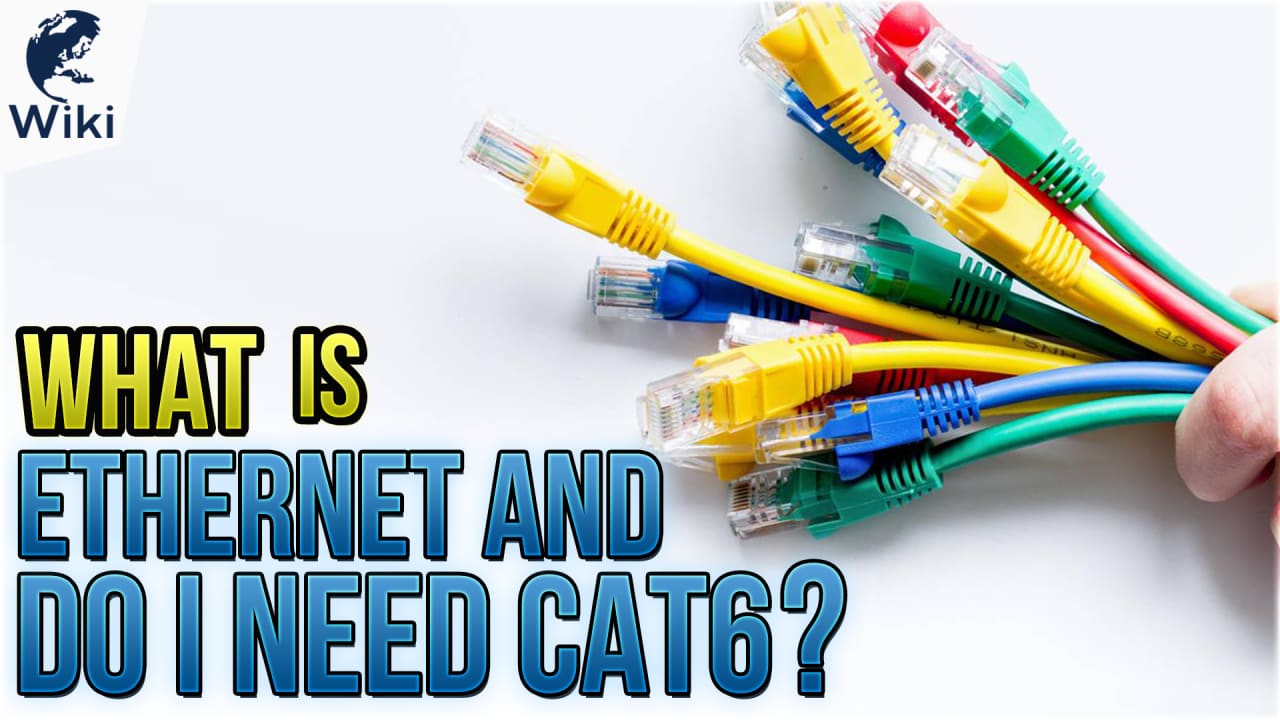The cable standard specifies performance of up to 250 mhz compared to 100 mhz for cat 5 and cat 5e.
Cat6 cable speed limit.
And provides superior reliability and transmission.
The a stands for augmented and is a nod to cat6a s improved specifications compared with its predecessor the category 6 or cat6 cable.
The cat6a doubles data transmission bandwidth from 250 to 500 mhz.
There is a cat 6a cable distance limit based on how cables are designed and deployed.
Supporting frequencies of up to 250 mhz and the 10base t 100base tx 1000base t and 10gbase t standards it can handle up to 10 gbps in terms of throughput.
The category 6 augmented cable standard or cat 6a was created to further improve the performance of cat 6 ethernet cables using cat 6a enables 10 gigabit ethernet data rates over a single cable run up to 328 feet.
There are certain factors that can negatively impact data transmission along a cable impacting the cat 6a cable distance limit.
Both cat5e and cat6 cable specifications allow lengths up to 100 meters but cat6e has a lower max length 55 meters when used for 10gbase t 10 gigabit ethernet.
Cat 6 has to meet more stringent specifications for crosstalk and system noise than cat 5 and cat 5e.
Thanks to better cable insulation cat6 reduces potential crosstalk even more so than cat5e.
After introducing cat6 icc made enhancements and produced cat6e.
That 1 gb s speed supports anything up to a gigabit internet service so you won t see any increase in your internet speed if you switch from cat 5e to a higher category cable.
Cat 6a the a in cat 6a stands for augmented.
Category 6 cable cat 6 is a standardized twisted pair cable for ethernet and other network physical layers that is backward compatible with the category 5 5e and category 3 cable standards.
It s also compatible with both cat5 and cat5e cables.
Cat6a cables allow performance up to 500 mhz.
Category 6e cat6e is an augmented specification of cat6.
The longer the path that data has to travel the more susceptible it is to signal degradation.
Cat 6 supports 10 gigabit ethernet only up to 164 feet of cable length.
A cat6 cable has a bandwidth capacity of 250 mhz for example and it offers you speeds of up to 10 gbps.
The reality is that a cat 5e cable with its up to 1 gb s speed is fast enough for your internet connection.
Decreases the chance of crosstalk interference.
Your daily dose of fiber infographic a cat6 cable is used mainly for computer networks reaching a gb 1000 mbps or one gbps of data transfer speed dtr or higher.
For back end high capacity networking cat6 supports gigabit ethernet needs.
Also cat6 cable can reach 10 gigabit ethernet speeds by reducing the length to less than 50 meters.
The tighter specifications guaranteed that 100 meter runs using cat6 cable is capable of 1000 mbit s transfer speeds.

